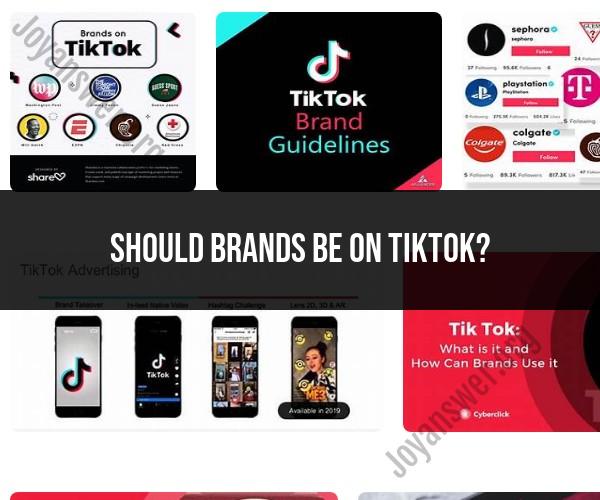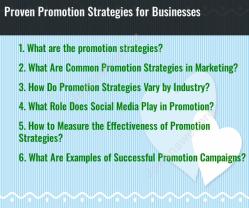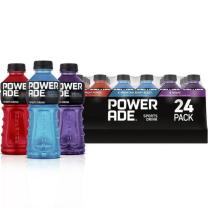Should brands be on TikTok?
Whether or not a brand should have a presence on TikTok depends on various factors, including the brand's target audience, marketing goals, and resources. TikTok is a popular social media platform known for its short-form video content, and it offers both advantages and disadvantages for brands. Here are some pros and cons to consider:
Pros of Brands Being on TikTok:
Large User Base: TikTok has a massive and diverse user base, with millions of active users worldwide. This presents an opportunity for brands to reach a broad and engaged audience.
Engagement: TikTok's algorithm is designed to promote engaging content, which means that well-crafted and creative videos can quickly gain traction and reach a wide audience.
Creativity and Authenticity: TikTok encourages creativity and authenticity in content creation. Brands can showcase their personality, values, and culture in a more informal and relatable way.
Trend Participation: Brands can tap into trending challenges, songs, and memes to increase visibility and engagement. Participating in trends can make your content more relevant and relatable to users.
Influencer Partnerships: Collaborating with TikTok influencers can help brands expand their reach and credibility among a specific target audience.
Cross-Promotion: Brands can cross-promote their TikTok content on other social media platforms, extending their reach and increasing brand visibility.
Cons of Brands Being on TikTok:
Time and Resource Intensive: Creating engaging TikTok content can be time-consuming and may require a dedicated team or resources. Brands must be prepared to invest in content creation and management.
Content Challenges: TikTok's content format may not be suitable for all brands or industries. Some businesses may struggle to find a way to create relevant and engaging content.
Algorithm Changes: TikTok's algorithm can be unpredictable, and changes may affect how content is displayed and promoted. Brands may need to adapt quickly to algorithm updates.
Privacy Concerns: TikTok has faced privacy and security concerns in some regions, which can affect user trust in the platform and the brands present on it.
Negative Feedback: Like any social media platform, brands on TikTok are subject to public feedback, including negative comments and criticism. Managing online reputation is essential.
Target Audience: TikTok's primary user demographic tends to skew younger. Brands targeting an older audience may not find TikTok as effective as other platforms.
In conclusion, the decision for a brand to be on TikTok should be made after careful consideration of its audience, marketing objectives, available resources, and willingness to invest in creative content. For some brands, TikTok can be a valuable addition to their social media strategy, while for others, different platforms may offer a better fit. It's crucial to have a clear strategy and goals when entering the world of TikTok to maximize its potential benefits.
Brand Presence on TikTok: Is It Worthwhile?
Whether or not brand presence on TikTok is worthwhile depends on a number of factors, including the brand's target audience, industry, and overall marketing goals.
TikTok is a social media platform that is known for its short-form, creative videos. It has a large and highly engaged user base, especially among Gen Z and millennials.
For brands that are targeting these demographics, TikTok can be a great way to reach new customers and build brand awareness. Additionally, TikTok's creative video format allows brands to tell their stories in a more engaging and visually appealing way.
However, it is important to note that TikTok is not a one-size-fits-all platform. Brands need to carefully consider their target audience and overall marketing goals before deciding whether or not to engage on TikTok.
TikTok Marketing: The Role of Brands on the Platform
Brands can play a variety of roles on TikTok. Some brands simply use the platform to share content that is relevant to their target audience. Other brands use TikTok to run marketing campaigns, such as influencer partnerships, sponsored videos, and hashtag challenges.
Additionally, brands can use TikTok to create and sell products and services directly on the platform. For example, some brands have partnered with TikTok to create exclusive products that can only be purchased through the app.
Social Media Strategies: Should Brands Engage on TikTok?
Whether or not brands should engage on TikTok depends on a number of factors, including their target audience, industry, and overall marketing goals.
As mentioned above, TikTok is a great platform for brands that are targeting Gen Z and millennials. Additionally, TikTok can be a good platform for brands that sell creative or visually appealing products or services.
However, brands need to be careful not to force their presence on TikTok. If a brand's content is not relevant or engaging to its target audience, it is likely to be ignored. Additionally, brands need to be aware of the unique culture of TikTok and avoid creating content that is perceived as being inauthentic or out of touch.
Overall, TikTok can be a valuable platform for brands, but it is important to use it strategically. Brands need to carefully consider their target audience and overall marketing goals before deciding whether or not to engage on TikTok.
Here are a few tips for brands that are considering engaging on TikTok:
- Research your target audience. What kind of content do they like to watch on TikTok? What are their interests?
- Create authentic and engaging content. TikTok users are savvy and can spot inauthentic content from a mile away. Make sure your content is relevant to your target audience and that it tells your brand's story in a unique and interesting way.
- Use relevant hashtags. Hashtags are a great way to get your content seen by more people on TikTok. Make sure to use relevant hashtags in your videos and descriptions.
- Partner with influencers. Partnering with influencers can be a great way to reach a new audience on TikTok. Choose influencers whose values align with your brand and who have a following that is similar to your target audience.
- Track your results. It's important to track your results on TikTok so that you can see what's working and what's not. Use TikTok Analytics to track metrics such as views, likes, shares, and comments.
By following these tips, brands can increase their chances of success on TikTok.












